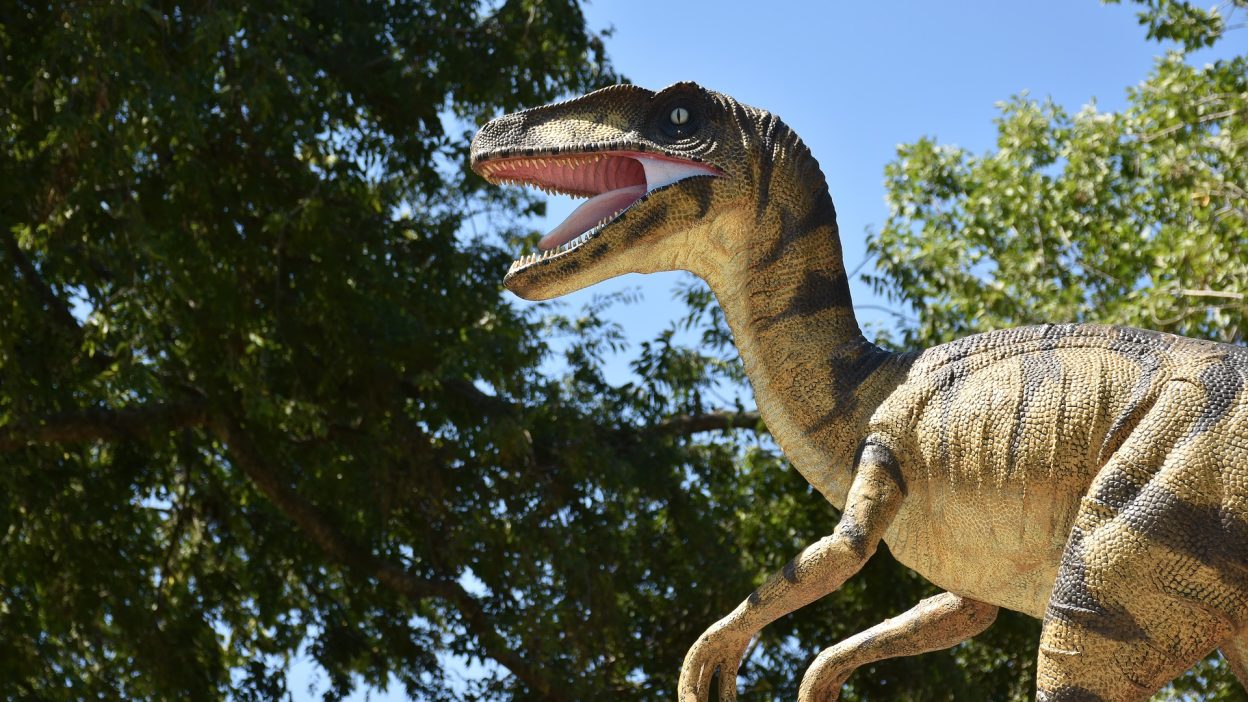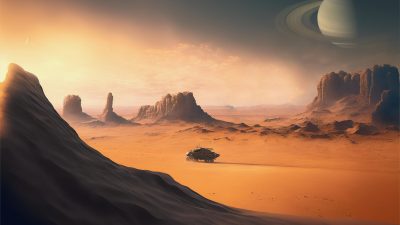Around 66 million years ago, a massive asteroid wiped out the dinosaurs, paving the way for mammals—and eventually, humans—to dominate the planet. But what if that asteroid had missed? Would dinosaurs still rule the Earth today? Let’s explore this fascinating alternate history.
Dinosaurs roamed the Earth for an incredible 160 million years, dominating the planet in ways no species has since. However, their reign came to an abrupt end when a six-mile-wide asteroid struck what is now the Yucatán Peninsula in Mexico, unleashing catastrophic events that led to their extinction.
This mass extinction allowed mammals to thrive, evolve, and eventually give rise to modern humans. But what if that asteroid had never hit? What would our world look like today if dinosaurs had continued to exist?
The Devastating Impact That Changed Everything
When the asteroid struck Earth at 45,000 mph, it caused:
- A 100 million megaton explosion, equivalent to billions of nuclear bombs.
- A massive earthquake of 11.1 magnitude, shaking the planet violently.
- Winds powerful enough to hurl 30-ton dinosaurs like ragdolls.
- A 600°F heatwave that boiled the water in dinosaur skin near the impact site.
- A 300-foot-high tsunami, devastating 13,000 miles of coastline.
- 70 billion tons of dust blocking sunlight, triggering a global climate shift.
Within three months, most dinosaurs had perished. Only their smaller relatives—like birds, lizards, and crocodiles—managed to survive.
What If the Asteroid Had Missed?
If the asteroid had continued on its path without colliding with Earth, or if it had hit the ocean instead of land, the outcome could have been drastically different. Here’s what might have happened:
1. Dinosaurs Would Have Continued to Evolve
Most dinosaurs had small brains compared to their bodies, but some, like the Troodon, were already displaying advanced intelligence. Given millions of years, they might have evolved into highly intelligent species—potentially even developing tools and communication like primates.
2. Mammals Might Never Have Dominated
The asteroid’s impact wiped out the dinosaurs, giving early mammals the opportunity to grow and evolve. Without this event, mammals—most of which were small rodent-like creatures at the time—would have struggled to survive against dominant dinosaur species. Humans may never have existed.
3. A Completely Different Ecosystem
- Crocodiles, lizards, and birds would likely look much more like their prehistoric ancestors.
- The Earth’s climate might have remained warmer, with fewer polar ice caps.
- The food chain would have been vastly different, possibly preventing the rise of modern forests and grasslands.
4. A World Shared with Dinosaurs
If humans had somehow managed to evolve alongside dinosaurs, we would likely live in highly fortified cities, constantly defending ourselves against gigantic predators. Travelling would be risky, and agriculture would require extreme protection against roaming herbivores and carnivores.
Could Dinosaurs Have Gone Extinct Anyway?
Some scientists believe that dinosaur populations were already in decline due to climate changes and shifting ecosystems. Even without the asteroid impact, they might have eventually died out, but at a much slower rate—changing the evolutionary timeline entirely. Would mammals have still risen to dominance? It’s impossible to say for sure. However, without that mass extinction event, modern life as we know it would be unrecognisable.




